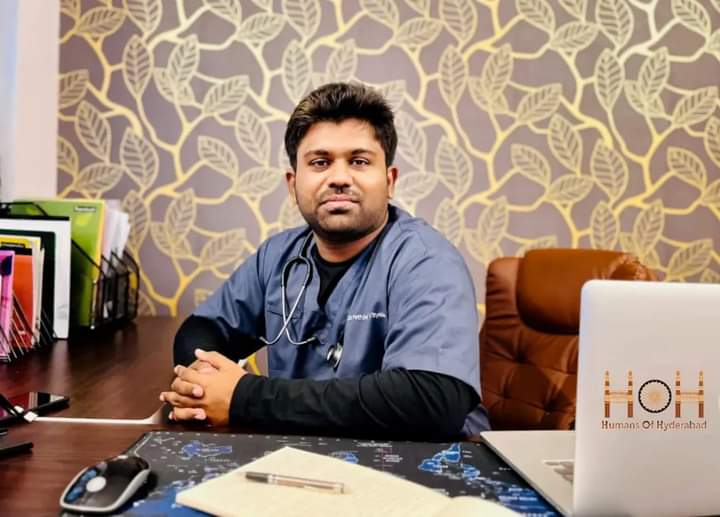“Ever since I was a child, I’ve always been eager to learn new things. I expressed interest in topics that were mysterious and difficult to comprehend. When I was in my teenage years, I devoted a lot of time to reading and cricket. My grandfather’s passing and other family circumstances made me change careers from cricketer to the doctor, and I attended the International Higher School of Medicine for pursuing MBBS.
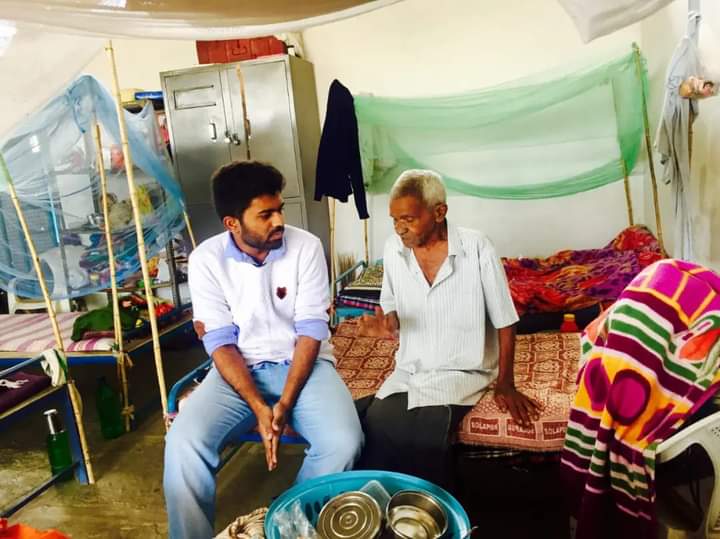
Despite several setbacks, I was determined to achieve my goals and worked hard during my five-year program. Being compared to others is something I want to avoid at all costs. Whether it was taking on 51 courses in nine days, writing books, performing research, spending 24 hours in the lab, or organizing campaigns, I was always up for a challenge.
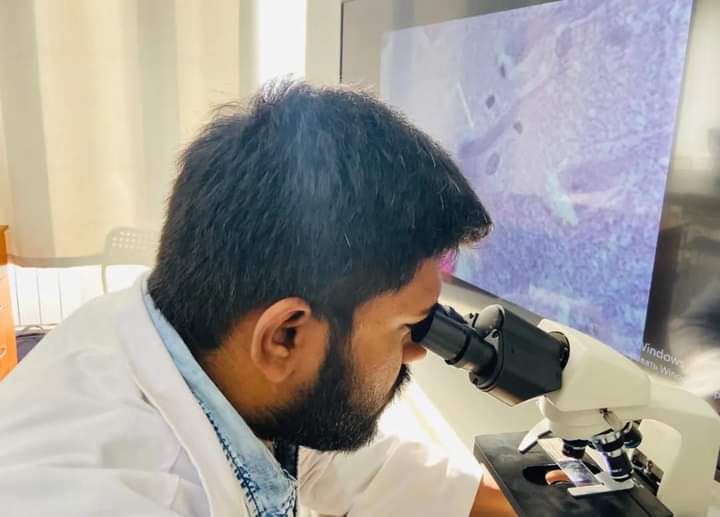
I studied the effectiveness and safety of umifenovir, heparin, and itolizumab in patients with COVID-19, and I found that they are all effective.
Frontal lobe epilepsy, neurofibromatosis, breast and congenital tuberculosis, hereditary sensory and autonomic neuropathy type II, and ischemic stroke were among the uncommon disorders for which I reported and published cases. I have presented my work at 15 International conferences and was conferred with nine prizes. I published 45 research publications in top peer-reviewed journals. Appreciating my work, I was bestowed with the MedEngage Award from Metropolis Healthcare Ltd., the UN’s Karmaveer Chakra Award, and the Dr. Yellapragada Subbarao Memorial Award from the Indian Association of Biomedical Scientists for my contributions to the Medical Research.
It allowed me to increase my understanding and skill set across multiple aspects. Although the majority of my initial medical research efforts were unsuccessful, I never gave up. I worked diligently, realized my errors, learned what I needed to, and developed my knowledge.
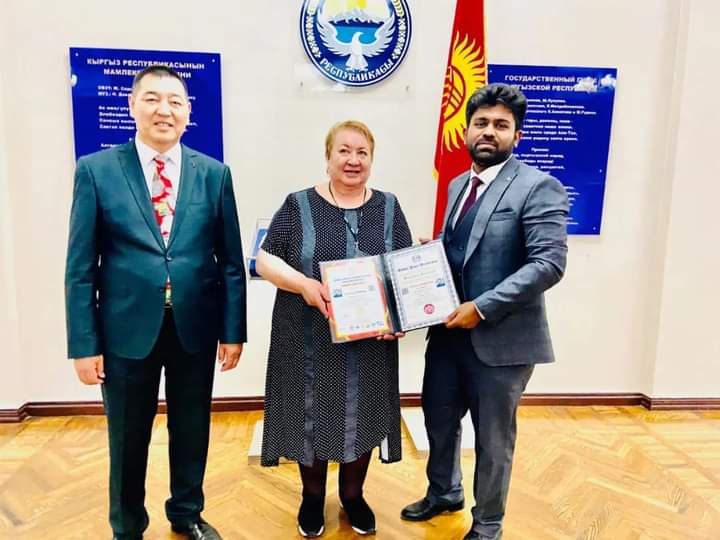
After three years of dedicated effort, my Medical Research has finally paid off, and I was officially acknowledged as the World’s Youngest Scientist in Medicine in the year 2019.
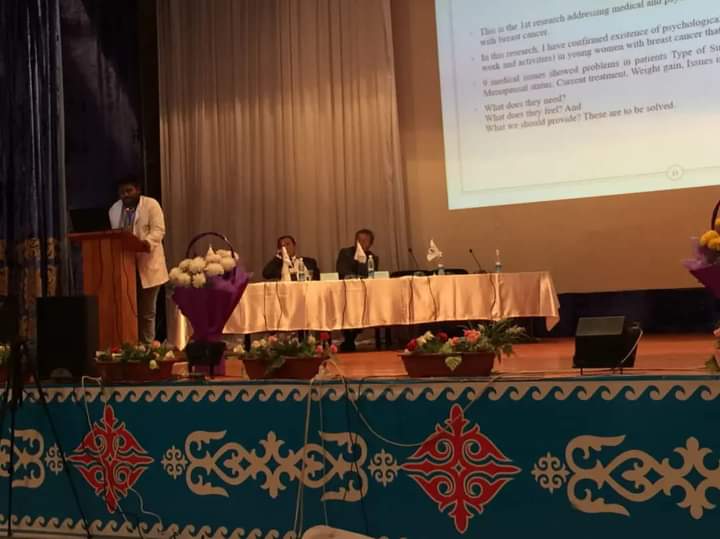
A record for the “Longest title of a book” was set by my book, “The Historical Development of the Heart i.e., from its Formation…” Its title consists of 3,777 words and 26,021 characters, making it the longest title ever recorded. The title is so long because I incorporated all the animate species on Earth.
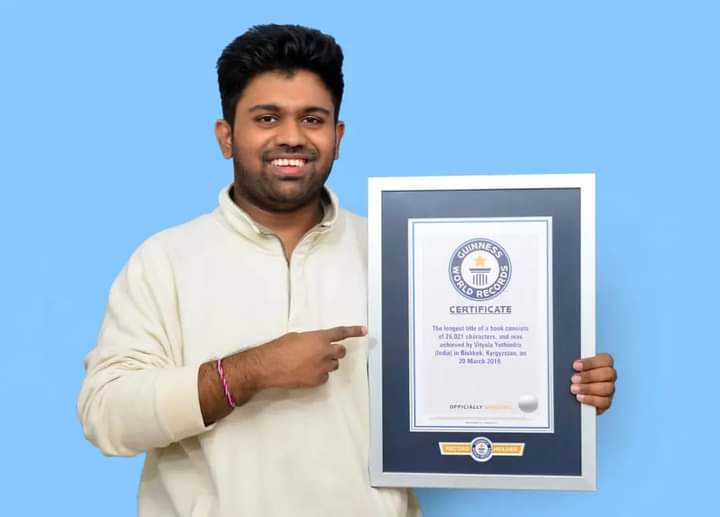
In addition to the title, the book itself offers the answers to 50 questions regarding different kinds of hearts, heart attacks, and heart health maintenance. My childhood ambition has been to hold a record recognized by Guinness. I made six efforts over the course of three years without success before I eventually got there in 2020.
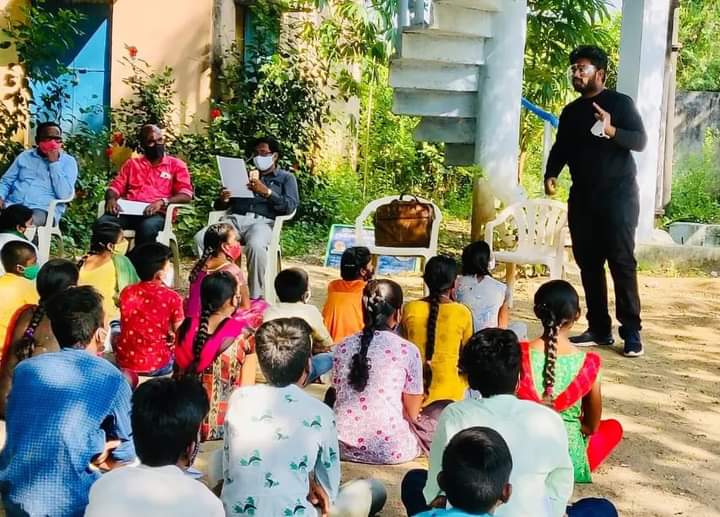
When I felt like giving up, I’d tell myself, “Never give up and quit.” In my opinion, the best way to learn is to face adversity head-on, and I have been doing just that.”
- Featuring Dr. Yethindra Vityala
